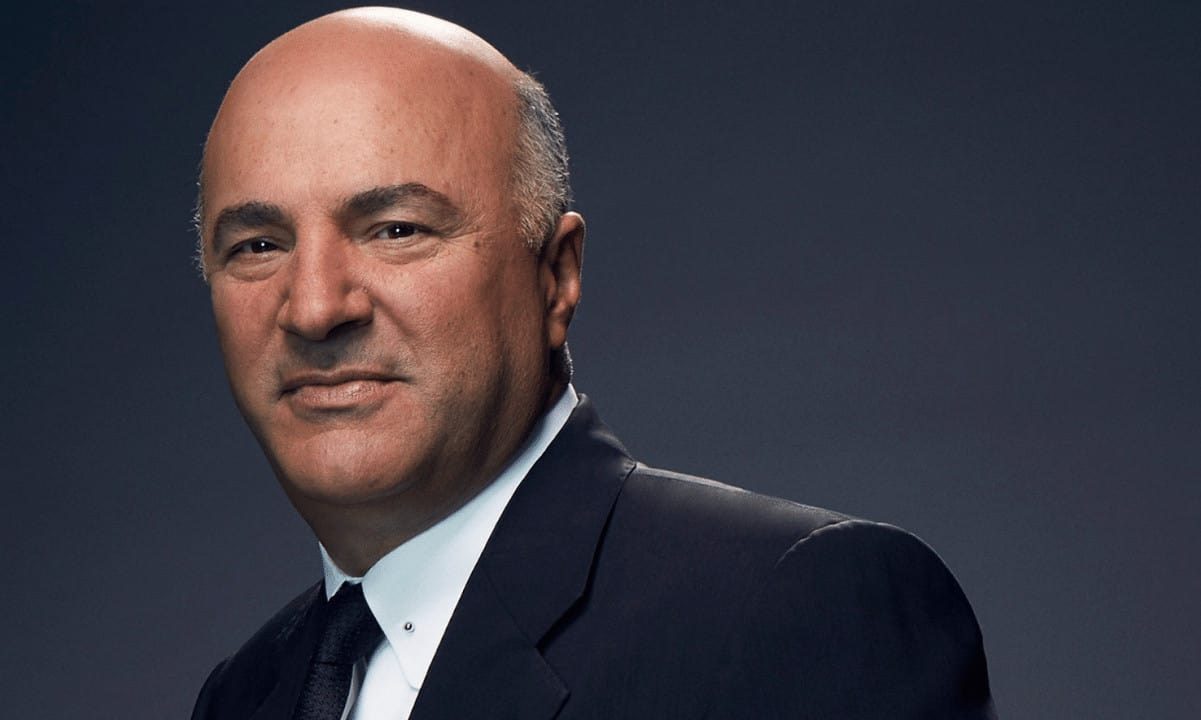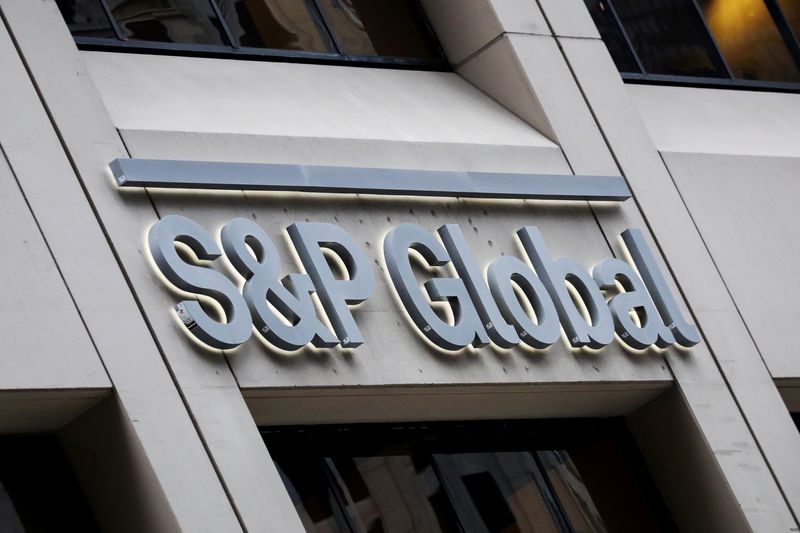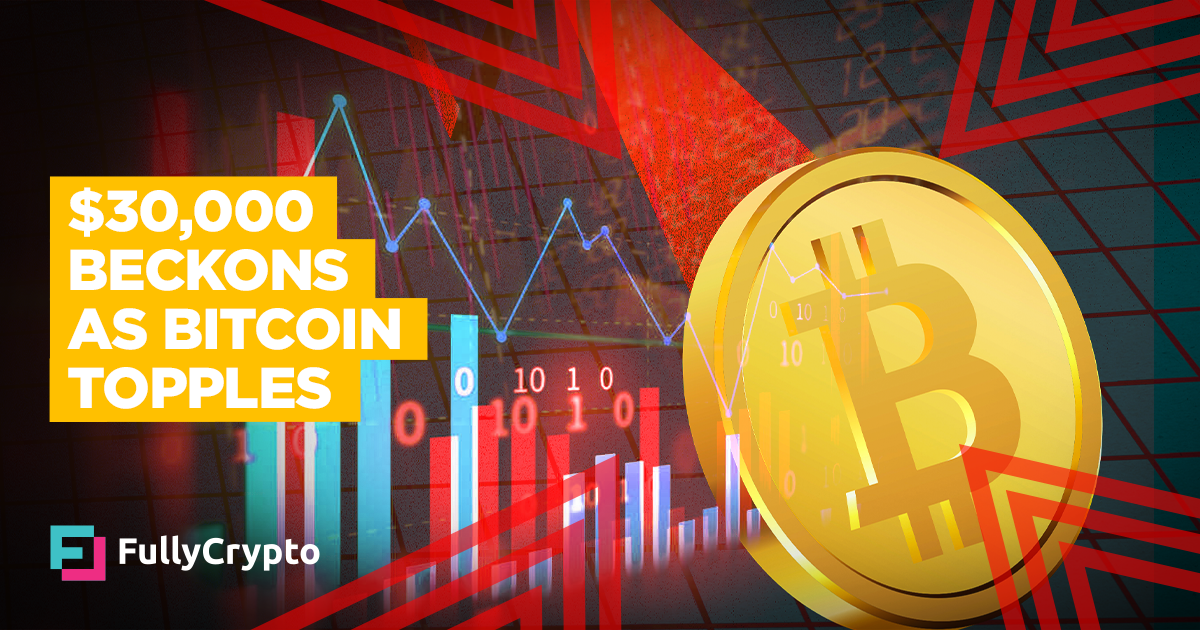The nation’s economy has deteriorated since Maduro took power in 2013 following the death of Hugo Chávez.
Key Takeaways
- Venezuela’s president announced a major minimum wage increase yesterday to a crowd of 10,000.
- The wages would be pegged to a half of a Petro, a cryptocurrency that launched in 2018, backed by the Bolivarian Republic of Venezuela.
- Maduro’s legitimacy as president has been contested.
Nicolás Maduro, the contested president of Venezuela, has announced that the nation’s minimum wage would rise to the equivalent of $30 from its previous level of around $2. Maduro said this would be done by pegging the monthly minimum wage to the Petro cryptocurrency.
Maduro Raises Wages
Amidst dire economic and political instability, perhaps a major increase in the minimum wage might help ameliorate the situation.
Venezuela’s President Nicolás Maduro has announced an increase in the nation’s monthly minimum wage, from the equivalent of around $2 to $30, by pegging it to 0.5 Petro, Venezuela’s sovereign cryptocurrency. Maduro made the announcement to a crowd of around 10,000 government employees yesterday.
Maduro told the crowd, “You proposed to set the worker’s basic minimum wage to half a Petro, approved!” The government’s salary increase has been made possible by its setting aside of tax revenue for “months,” according to Maduro. He also said Vice President Delcy Rodriguez would push for the pay raise to go into effect this month by coordinating with the private sector.
The Petro is a “sovereign crypto asset backed by oil assets and issued by the Bolivarian Republic of Venezuela” on a government-permissioned blockchain based on the DASH blockchain. However, it is uncertain how fully it is backed by oil reserves and its price is set by the Central Bank of Venezuela—currently set at around $60—though private exchange rates reportedly vary wildly.
While there has been dissent about who the legitimate president of Venezuela actually is, Maduro largely retains the loyalty of the military. More than 50 countries, however—including the United States—recognize Juan Guaidó as Venezuela’s official president, as the legitimacy of Maduro’s re-election in 2018 has been highly contested.
The South American country of close to 30 million has suffered from dramatic inflation in recent years, with one example being that the price of a cup of coffee rose nearly 2,600% from August 2020 to August 2021. Venezuela’s economy has endured a seven-year long recession. More than 5.6 million Venezuelans have fled the poor circumstances since 2014.
Disclosure: At the time of writing, the author of this piece owned BTC, ETH, and several other cryptocurrencies.
The information on or accessed through this website is obtained from independent sources we believe to be accurate and reliable, but Decentral Media, Inc. makes no representation or warranty as to the timeliness, completeness, or accuracy of any information on or accessed through this website. Decentral Media, Inc. is not an investment advisor. We do not give personalized investment advice or other financial advice. The information on this website is subject to change without notice. Some or all of the information on this website may become outdated, or it may be or become incomplete or inaccurate. We may, but are not obligated to, update any outdated, incomplete, or inaccurate information.
You should never make an investment decision on an ICO, IEO, or other investment based on the information on this website, and you should never interpret or otherwise rely on any of the information on this website as investment advice. We strongly recommend that you consult a licensed investment advisor or other qualified financial professional if you are seeking investment advice on an ICO, IEO, or other investment. We do not accept compensation in any form for analyzing or reporting on any ICO, IEO, cryptocurrency, currency, tokenized sales, securities, or commodities.
What is Rarible: A DAO for NFTs
What was once dismissed as a silly and expensive sector, NFTs give creators access to global markets in a way that’s never been possible before, and it’s all thanks to blockchain.Those familiar…
Venezuela Trials Bitcoin for Passport Payments
The Venezuelan government briefly allowed passport applicants to pay with Bitcoin this week. The option was seen on SAIME, Venezuela’s Administrative Service for Identification, Migration and Foreigners. Bitcoin Briefly Accepted…
Circle Using USDC Stablecoin to Aid Venezuela Crisis
Circle is partnering with the Bolivarian Republic of Venezuela and Airtm to distribute its stablecoin USDC. Organized with support from the U.S. government, the initiative has been conceived as a…
Visa Issuing Card for USDC Payments on Ethereum
Visa is doubling down on stablecoins. The credit card giant has announced a collaboration with Circle, the team behind the Ethereum-based token USDC. The partnership will give Visa’s network of…
Note: This article have been indexed to our site. We do not claim legitimacy, ownership or copyright of any of the content above. To see the article at original source Click Here













